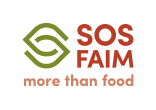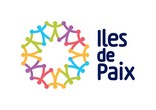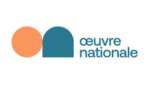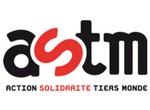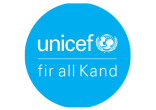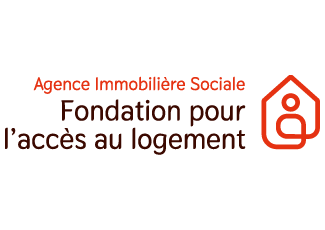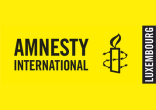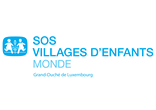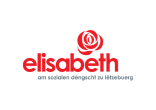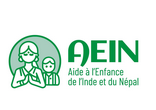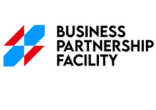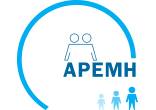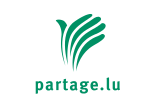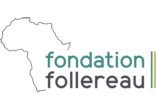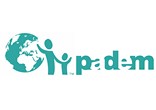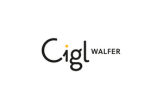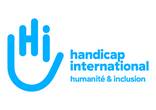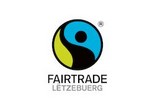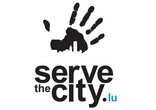
Luxembourg – epicentre of global semantic harmonisation
In June 2016 the “Terminology Guidelines for the protection of children from sexual exploitation and sexual abuse” were launched in Geneva by an interagency working group (IWG) coordinated by ECPAT Luxembourg. The coordination, research and drafting of the English, French and Spanish versions of the guidelines were funded by ECPAT Luxembourg.
INTERPOL published a press release stating that it welcomes the development of harmonised and internationally-recognized terminology in this area, particularly in the context of law enforcement, including victim identification. To ensure that police are ’speaking the same language’ in the fight against child sexual exploitation, the organism will implement these guidelines as best practice and recommend their use to law enforcement across its 190 member countries.
Recently EUROPOL published their online organised crime threat assessment. On page 24 it is said that the use of the internet as a platform for child sex offenders to communicate, store and share child sexual exploitation material (CSEM) and to hunt for new victims continues to be one of the internet’s most damaging and abhorrent aspects. In this context the organisation welcomes the adoption of the ‘Luxembourg Guidelines’ as an important document to build consensus on key concepts and strengthen collaboration between relevant stakeholders, including investigators, judicial authorities and child protection agencies.
Globally, the Terminology Guidelines are now available to all major child protection agencies and organisations around the world, as well as lawmakers and media, and offer practical guidance on navigating the complex lexicon of commonly used terms relating to the sexual exploitation and sexual abuse of children. They are available at : www.luxembourgguidelines.org.
Words matter for ECPAT Luxembourg
But what is so special about the Luxembourg Guidelines ? Well, inconsistent use of language and terms can lead to inconsistent laws and policy responses on the same issue and therefore words matter. The absence of consensus at the international level on certain terms or language has had an impact on global efforts in data collection and the identification of different forms of child sexual exploitation and abuse. Confusion in the use of language and terms can impair and undermine advocacy work and intergovernmental and interagency cooperation. Translating terms into different languages introduces further challenges. Without clear conceptual understanding of their meaning, translating terms accurately across multiple languages becomes an onerous and resource-intensive task.
Therefore, the guidelines recommend avoiding terms and expressions such as :
- “child prostitute”,
- “child sex worker”,
- “children selling sex”,
- “self-engaged prostitution”,
- “transactional sex”,
- “webcam child sex tourism”,
- “child sex tourism”,
- “self-victimisation”,
- “child sex tourist”,
- “customer”.
So why is it so important not to use the term child sex tourism ? The term may inadvertently give the idea that this is a legitimate form of tourism rather than a crime, and may also associate the crime to the entire industry. Child sex tourism is a term that may also stigmatise the child. Alternative terms such as the sexual exploitation of children in travel and tourism are more appropriate, since it explicitly mentions that the child is being exploited and adequately broadens the focus to include settings in which the exploitation may take place other than tourism. For example, travelling sex offenders may also be businessmen, humanitarian workers, military, backpackers, etc.
ECPAT Luxembourg’s initiative has led to a greater conceptual clarity on terminology. The “Luxembourg Guidelines” are the fruit of 18 months of work by the IWG to research, analyse and discuss terminology, and to agree on a set of terms.
Thomas Kauffmann, ED of ECPAT Luxembourg, has a clear message :
“Words definitely matter in our daily work with children, survivors, partners, and other stakeholders in the field of child protection. Words not only shape our understanding of a problem, but they also have an impact on the reality itself : we observe that survivors of sexual exploitation can feel re-victimized through the use of inappropriate language. It was, therefore, essential to study the way we use words in our domain.”
So, let’s stay connected ! Follow us on social media on www.facebook.com/ecpatlux/, www.instagram.com/ecpatluxembourg and/or www.linkedin.com/company/ecpat-luxembourg.
Communiqué par ECPAT Luxembourg

